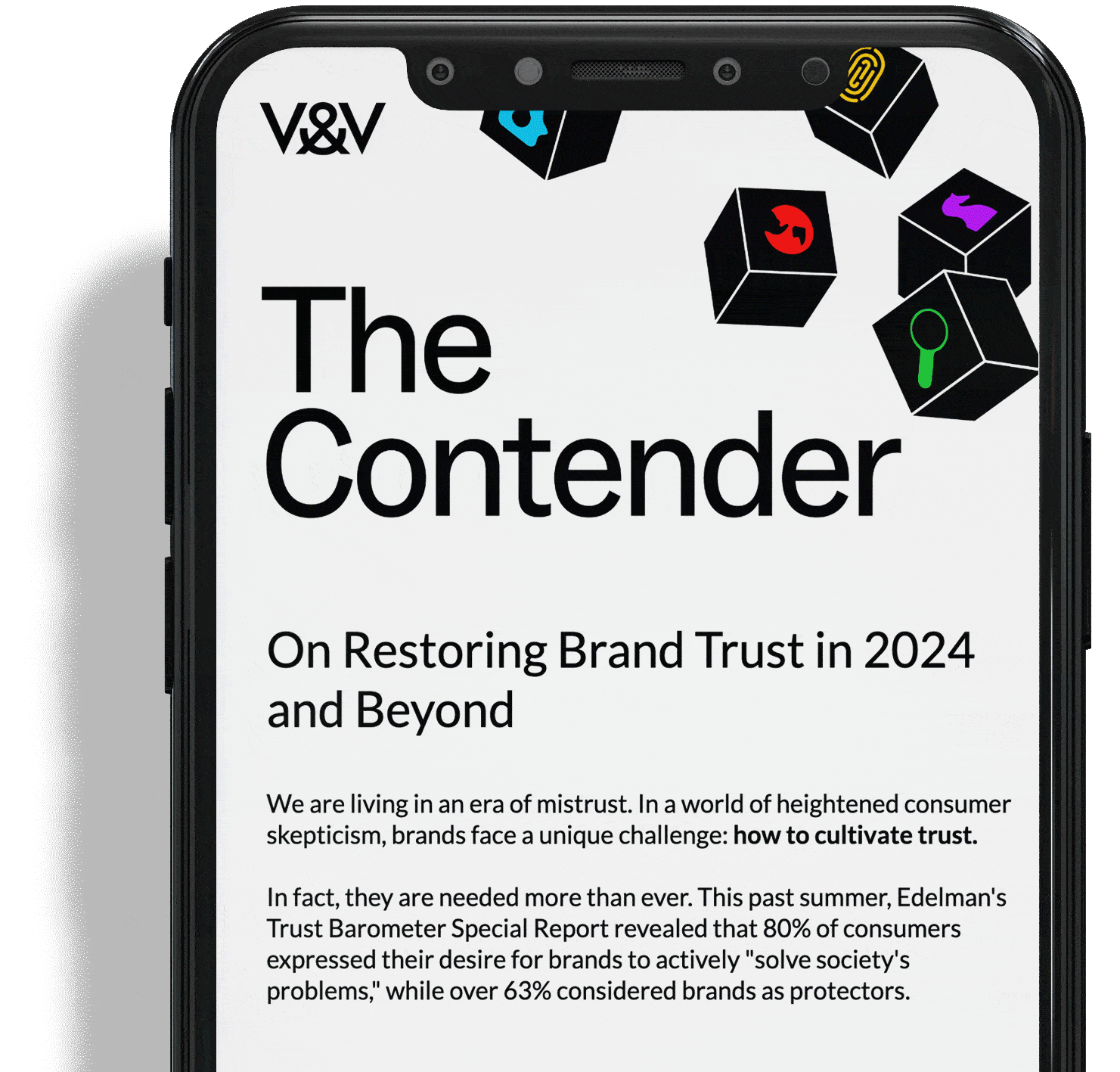Challengers Think About The Big Picture
There is a court battle underway between the state of Massachusetts and Publicis Health for its work with Purdue Pharma from 2010 to 2019 that underscores the moral responsibility of marketers.
The suit claims that the multinational marketing and PR company helped Purdue sell more OxyContin through “unfair and deceptive marketing schemes,” which, as a result, propelled America’s ongoing opioid epidemic. When you learn that, according to CDC, overdoses involving opioids killed nearly 50,000 people in the US in 2019, it’s a damning claim.
As part of the ongoing case, emails have come to light from Publicis employees saying “even if we can’t find the data, we can craft the message and tell the brand team what we WANT to say and see if their Medical Services group can come up with anything to support it?”
It’s important to note that while Purdue has declined to publicly comment, Publicis denies the allegations, saying “all our work was completely lawful. Publicis Health acted solely as an advertising agency. It was not a drug manufacturer, distributor, or consultant. Our role was limited to implementing Purdue’s advertising plan and buying media space.”
While the case is no doubt one that will be watched closely by the marketing industry in the coming weeks, it also kickstarts a larger conversation around the discipline agencies are putting in place, the responsibilities of marketers, and the conversations that are likely happening with regularity behind the scenes.
When you’re in a marketing position, you’re in a position of power. You’re an influencer and an advocate that lives on the channels people are using every day. You get to both join and start conversations that can advance and challenge the world we all want to live in.
If you choose to take the job as a marketer, you’re also choosing to have an ongoing relationship as a brand’s trusted partner. It’s up to you to question the morality and safety of a client's decisions at every stage of the process. Ideally, you would want to steer them in the right direction but there needs to be a holistic view of what that direction entails and the conversations that are happening behind the scenes to make that happen. And, if you can’t steer them in the right direction, making the decision to walk away instead of enabling a situation.
In 2009, the MBA Oath was founded by graduates of Harvard Business School as a voluntary pledge by MBAs to create value responsibly and ethically.
It said:
“What if each of us on our graduation committed to holding ourselves to a higher standard? What if we had a code of conduct, the management equivalent of the Hippocratic oath? What if we actually lived up to our billing and became leaders who don’t just make a difference in the world, but make a difference for the world?”
Along with privilege, doing the above takes courage. As we continue to follow the events of the suit we should all, as marketers and brand leaders, take time to reflect, and use it as a reminder of the responsibility we have not just to our brands, but society.














